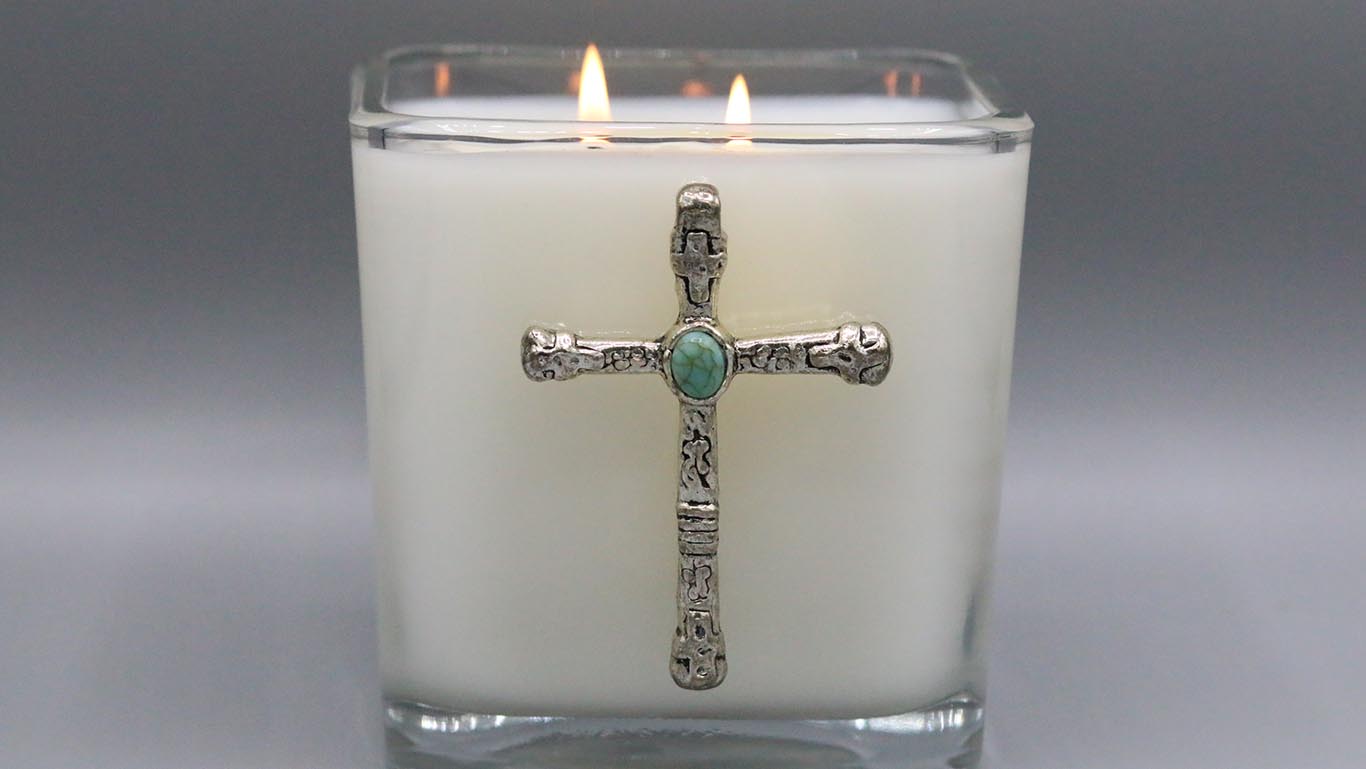
The 3 Basics of Candle Safety:
- Never leave a burning candle unattended.
- Never burn a candle on or near anything that might catch fire.
- Keep candles out of the reach of children and pets.
The Proper Way to Burn a Candle
First Candle Burn is the most important
- To begin, candles should burn one hour for every 1 inch in diameter of the actual candle size. Our 18 oz. candles should burn a minimum of 3 hours on the first burn to liquefy the entire top layer of wax.
- If the wax is not allowed to liquefy or to melt from edge to edge of the jar, it will create a "memory ring" known as tunneling. Once a candle has begun to tunnel, it will continue to burn that way for the life of the candle.
Candle Maintenance
- Trim the wick to 1/8 inch each time before burning. The safest way to do this is with a wick trimmer. Long or crooked wicks can cause uneven burning, dripping or flaring.
- Burn candles in a well-ventilated room.
- Place the candle near the middle of a table that isn't wiggly. Avoid putting the candle near an edge where it could fall off. Never put a burning candle on a windowsill next to curtains. A breeze could move the curtains onto it and cause the curtain to catch on fire.
- Keep the wax pool clear of wick trimmings, matches and debris at all times.
- Avoid drafts, vents or air currents. This will help prevent rapid or uneven burning, and sooting. Never place a candle under or in front of a fan.
- Candles should not be burned for more than 4 hours at a time. It is recommended that after burning for 4 hours, candles should be extinguished, allowed to cool for 2 hours, and trimmed before relighting.
While burning your candle
- Never touch or move a burning candle. Never move a votive or jar candle when the wax is liquefied. The jar will be hot and the wax can spill when attempting to move the candle.
- Extinguish a candle if the flame becomes too high or flickers repeatedly. Let the candle cool, trim the wick, and check for unwanted drafts before re-lighting.
- Always keep the candle within your sight. If you are going to leave the room, be sure to first extinguish all candles.
When extinguishing
- The safest way to extinguish a candle is to use a candle snuffer. This will prevent hot wax from splattering.
- Never use water to extinguish a candle. Water can cause the hot wax to splatter and might break a glass container.
- Make sure the candle is completely out and the wick ember is no longer glowing before leaving the room.
- Don't touch or move the candle until it has completely cooled.
Follow the half inch rule
- Know when to say goodbye. Discontinue use of a candle when 1/2 inch of wax remains at the bottom of the jar. This will prevent possible heat damage to the counter/surface or container itself. The glass can get hot on the bottom as the flame nears the base of the jar and most of the wax has been consumed. By following this instruction, the glass will not get too hot and break.
How to store your candle properly
- The candle wax and fragrance oils we use in our candles are sensitive to both temperature and light, so please be careful when storing candles for an extended period of time. If you store your candle, be sure it is in a cool, dry place away from direct sunlight or intense light. Keeping it in a dark place like a cupboard or box will protect it from fading and discoloration.
- Since our candles can be sensitive to extreme cold and heat, it's best to store them between 50 degrees F and 85 degrees F. Be sure not to leave our candles in your car for an extended period of time (particularly on hot days) as they may melt or discolor. Extreme cold causes cracking and separation, so it's best to follow our temperature guidelines. After long exposure to the cold, you should allow the candle to return to room temperature for a minimum of 2 hours before burning it to minimize potential damage.